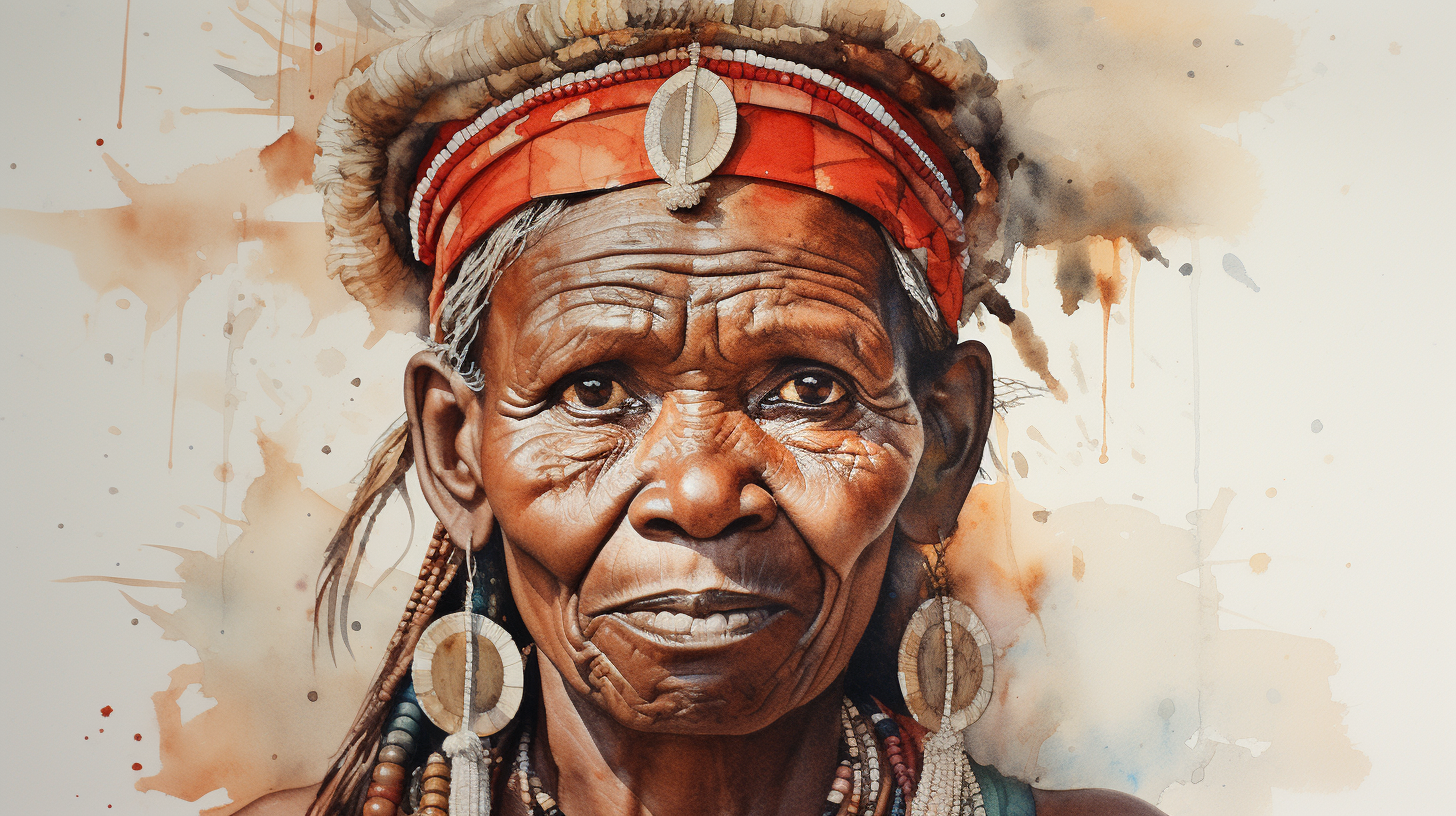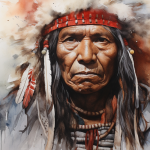What Does It Mean to Dream About a Sangoma? Exploring the Spiritual and Cultural Significance
Dreams about a sangoma can be deeply symbolic and thought-provoking, especially given the important role sangomas play in many African cultures as traditional healers and spiritual guides. If you’ve had a dream featuring a sangoma and are curious about its meaning, this blog post will help you understand the possible interpretations and what your subconscious mind might be trying to communicate.
Who Is a Sangoma and Why Do They Appear in Dreams?
A sangoma is a traditional healer or diviner, especially in Southern African cultures such as the Zulu, Xhosa, and Sotho peoples. Sangomas are known for their connection to ancestral spirits, healing abilities, and guidance in spiritual matters. Dreaming about a sangoma often relates to themes of healing, guidance, ancestral connection, and self-discovery.
Because sangomas hold a respected place as mediators between the physical and spiritual worlds, seeing one in your dream might indicate that your subconscious is calling you to explore deeper spiritual truths or seek healing.
Common Interpretations of Dreams About Sangomas
1. Spiritual Guidance and Protection
Dreaming of a sangoma may suggest that you are in need of spiritual guidance or protection. It could mean you are facing challenges or uncertainties that require wisdom beyond the material world.
2. Healing and Transformation
Sangomas are healers, so your dream might signify a need for healing—whether physical, emotional, or spiritual. It could be an invitation to acknowledge wounds that require attention and to embark on a path of transformation.
3. Connection to Ancestry
Sangomas often work closely with ancestors. A dream about a sangoma might indicate a call to reconnect with your roots, heritage, or family history, especially if you feel disconnected or lost.
4. Self-Discovery and Inner Wisdom
Seeing a sangoma in your dream could represent your inner wisdom or a part of yourself ready to guide you through life’s complexities. It might be a reminder to trust your intuition and spiritual insight.
What Different Scenarios in a Sangoma Dream Might Mean
Meeting or Consulting a Sangoma
If you dream of meeting or seeking advice from a sangoma, it could mean you are searching for answers or support in your waking life. This dream might encourage you to explore your spiritual beliefs or seek guidance from trusted mentors or elders.
Being Healed by a Sangoma
Dreaming that a sangoma is healing you suggests a period of recovery or personal growth ahead. This may be healing from emotional pain, old trauma, or physical illness.
Sangoma Performing a Ritual
Witnessing a sangoma performing a ritual in your dream can indicate that you are entering a phase of significant change or spiritual awakening. This might be a prompt to embrace rituals or practices that connect you to your inner self or culture.
Conflict or Fear of a Sangoma
If the dream involves fear or conflict with a sangoma, it might reflect anxieties about confronting personal issues, cultural identity, or spiritual matters. This dream encourages reflection on what fears are holding you back.
Emotional and Psychological Insights From Sangoma Dreams
The feelings you experience during a sangoma dream are important to consider:
- Peaceful or comforted: You may be ready to receive spiritual guidance or healing.
- Confused or anxious: You could be wrestling with inner conflicts or uncertainties about your path.
- Curious and open: This suggests a readiness to learn and grow spiritually or culturally.
Understanding your emotional response helps decode the deeper meaning of your dream.
Cultural Sensitivity and Respect in Sangoma Dreams
Given the cultural significance of sangomas, it is important to approach these dreams with respect and mindfulness. These dreams may highlight your own relationship with culture, tradition, or spirituality and invite you to explore these areas thoughtfully.
How to Reflect on Your Sangoma Dream
To better understand what your sangoma dream means for you personally, ask yourself:
- What was the sangoma doing in the dream?
- How did you feel during the dream?
- Are there areas in your life where you seek healing or guidance?
- Do you feel connected or disconnected from your cultural or spiritual roots?
- What messages or feelings lingered after waking?
Journaling your answers can provide clarity and open pathways for deeper insight.
Practical Steps After Dreaming About a Sangoma
If your dream about a sangoma resonates strongly, here are some ways to integrate its message into your life:
- Explore spiritual practices: Consider meditation, prayer, or rituals that help you feel connected to yourself and your ancestors.
- Seek healing: Address emotional or physical wounds through therapy, counselling, or holistic treatments.
- Learn about your heritage: Research your cultural background or speak to elders to deepen your understanding.
- Trust your intuition: Pay attention to your inner guidance and allow it to lead you through challenges.
- Respect traditions: Honour the spiritual and cultural significance of sangomas and other healers.
Final Thoughts
Dreaming about a sangoma is a powerful symbol rich in spiritual and cultural meaning. It often signals a need for healing, guidance, and connection to deeper wisdom. Whether you see the sangoma as a healer, guide, or messenger, your dream invites you to explore your spiritual path with openness and respect.
By reflecting on the details and emotions in your sangoma dream, you can uncover valuable insights that support your personal growth and spiritual wellbeing. Remember, dreams serve as bridges between our conscious mind and the deeper layers of the self—listening to them can lead to profound transformation.



